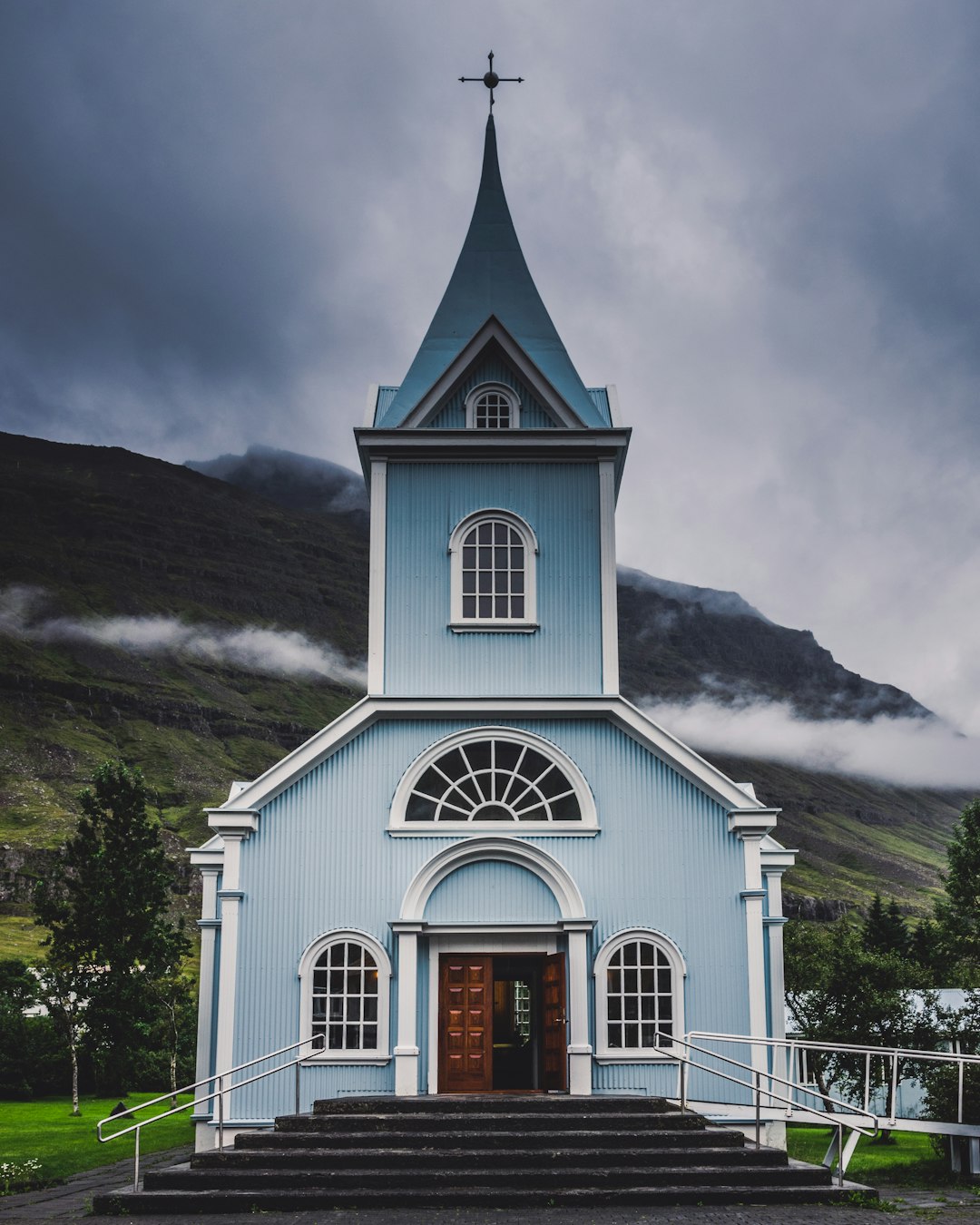In Oregon, clergy abuse litigation seeks justice for individuals harmed by religious leaders or institutions. Specialized clergy abuse law firms navigate complex legal landscapes, protecting victims' rights while balancing religious freedom and misconduct recourse. These firms utilize strategic case management, confidentiality, and deep knowledge of state laws to ensure compensation and deter future abuse. When pursuing justice, selecting experienced attorneys with a proven track record in clergy abuse law firms Oregon is crucial for sensitive guidance and effective representation.
In Oregon, clergy abuse litigation has gained significant legal prominence, shedding light on the importance of specialized legal representation. This article delves into the intricate world of clergy abuse cases, focusing on the crucial role played by Oregon lawyers with expertise in this field. We explore how these professionals navigate complex legal landscapes to provide justice for victims and their families. Understanding the unique challenges and strategies involved, we also guide survivors in choosing the right clergy abuse law firms in Oregon for effective representation.
Understanding Clergy Abuse Litigation in Oregon: A Legal Perspective

In Oregon, clergy abuse litigation involves legal cases where individuals seek justice and compensation for emotional or physical harm suffered as a result of abusive conduct by religious leaders or institutions. This type of litigation is unique due to the sensitive nature of the allegations and the potential impact on religious communities. Oregon law firms specializing in clergy abuse have tailored their expertise to navigate these complex legal landscapes, ensuring that victims’ rights are protected.
Understanding the specific laws and regulations surrounding clergy abuse cases is crucial for both plaintiffs and defense attorneys. Oregon has established legal frameworks to address these matters, providing guidelines for civil lawsuits against religious organizations or clergy members accused of misconduct. These cases often require a delicate balance between upholding religious freedom and ensuring that victims have recourse for trauma suffered within their congregations.
The Role of an Oregon Lawyer Specializing in Clergy Abuse Cases

In Oregon, a lawyer specializing in clergy abuse litigation plays a pivotal role in addressing and resolving cases involving sexual or physical misconduct by religious leaders. These attorneys are equipped to navigate complex legal landscapes, ensuring that victims of such abuses receive justice and compensation they deserve. They work closely with clients to understand the unique challenges and sensitivities surrounding these cases, maintaining confidentiality while pursuing legal redress through strategic case management and effective communication with relevant stakeholders.
Oregon clergy abuse law firms are dedicated to providing specialized legal services tailored to the specific needs of victims. They possess in-depth knowledge of state laws and regulations pertaining to clergy abuse, enabling them to build strong cases that hold accountable those who have committed such acts. By leveraging their expertise, these lawyers foster a safer environment by deterring future instances of abuse within religious communities.
Choosing the Right Clergy Abuse Law Firm in Oregon for Your Case

When seeking justice and compensation for clergy abuse in Oregon, selecting the right legal representation is a crucial step. It’s essential to find a law firm that specializes in this area and has a proven track record of success. Look for firms with experienced attorneys who are knowledgeable about state laws regarding clergy abuse cases.
Choosing a reputable Oregon clergy abuse law firm can make all the difference. You want a team that understands the emotional and psychological impact of such experiences and can provide sensitive, expert guidance throughout the legal process. Ensure they have a history of effective case management, strong negotiation skills, and a commitment to advocating for victims’ rights.






